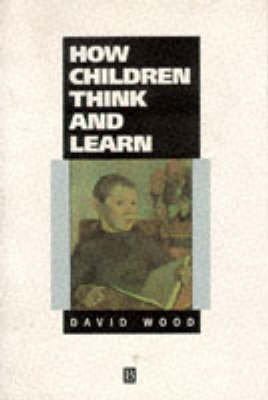Understanding Children's Worlds
1 total work
This book explores views about how children think and learn. It outlines Piaget's theory of cognitive development and explores the views of some of his major critics. Did Piaget underestimate children's intellectual abilities? Did he misconstrue the relationships between language and thinking? Does his theory misguide the teacher? The author compares Piaget's approach with those offered by Bruner, Vygotsky and other researchers, considering points of disagreement and establishing areas of common ground. But these ideas stand or fall on the contribution that they can make to those actually working in the classroom. The author therefore goes on to consider just what pressing contemporary issues in education stand to gain from them. Do children's accents and dialects contribute to their success or failure at school? What is the value of literacy and why do some children have such problems in reading and spelling? Why does an understanding of mathematics prove so elusive for many children? These are just some of the issues of practical relevance to this book.
